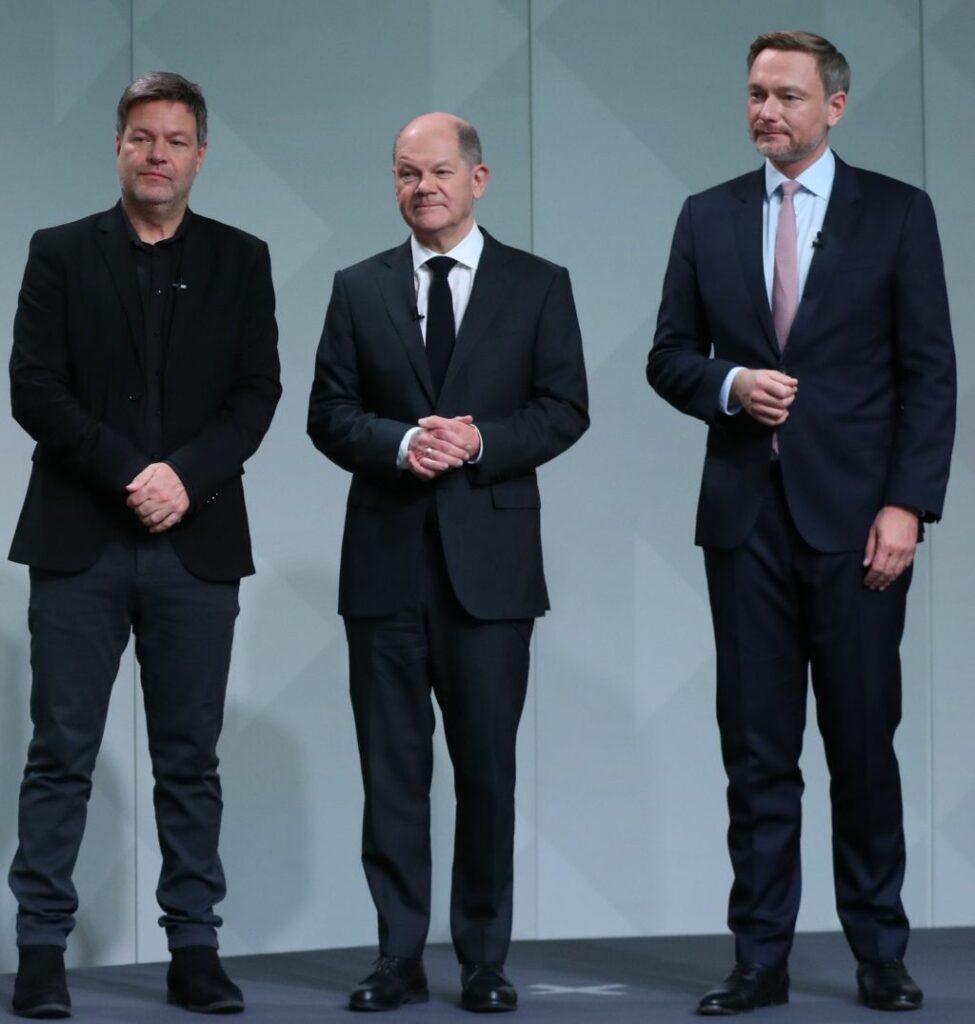It took a long time, but the traffic light coalition finally reached an agreement late Tuesday afternoon. The agreement concerns fundamental changes to the draft law on the Building Energy Act (GEG). Homeowners can breathe a sigh of relief as the rules are less stringent than originally planned. It will no longer be necessary for every newly installed heating system to be powered by renewable energy from 2024 onwards. However, tenants must reckon with the fact that they will have to pay an additional modernization levy (FAZ: 14.06.23).
New rules for renewable energy and gas heating
The resolution paper of the government factions stipulates that the obligation to use 65 percent renewable energies only applies when a city submits a municipal heating plan. If this is not the case and there is a heating failure, owners are allowed to install a gas heating system, which can also be converted to use hydrogen. This also applies to new buildings outside of new development areas. However, when buying a gas heater, buyers must be made aware of the possible inefficiency.

Bild: Sandro Halank, Wikimedia Commons, CC BY-SA 4.0, CC BY-SA 4.0, via Wikimedia Commons
The CO₂ price will gradually make fossil fuels more expensive. The new regulation of the GEG applies as planned in new development areas, and from January 2024 the use of renewable energy sources for heating is mandatory. According to a draft law by Geywitz, large cities must inform their citizens by 2026 exactly where a connection to a district heating network will be possible. Smaller cities have until 2028 to do so. Above all, owners in more rural regions will be spared the changes for a longer period of time.
Compromise in the energy law: paradigm shift for more climate protection and simplification for homeowners
Originally, the draft law by Economics Minister Robert Habeck (Greens) and Building Minister Klara Geywitz (SPD) provided that from 2024 every newly installed heating system in new and existing buildings should be operated with 65 percent renewable energy. Habeck expressed his satisfaction with the compromise and emphasized that the core of the Building Energy Act has been preserved. SPD parliamentary group leader Rolf Mützenich spoke of a paradigm shift, while Green Party co-chairwoman Katharina Dröge spoke of a milestone for more climate protection. Inventory owners now have more time to make decisions. FDP parliamentary group leader Christian Dürr emphasized that there will be no interference with property rights and that the state must first take action before anything changes legally for the citizens. The real estate association ZIA was pleased that a municipal heating plan is required before property owners are restricted. The energy association BDEW explained that the implementation will be more practicable for everyone involved.
Traffic light coalition allows wood heating and hydrogen as a future solution
According to the resolution paper, the installation of wood and wood pellet heating systems is permitted “without exception” in order to meet the 65 percent requirement. Originally, this should only have been possible in connection with buffer storage and solar thermal energy. In addition, the traffic light coalition obliges the municipalities through the draft law to present a timetable for the introduction of hydrogen with intermediate goals in order to ensure the conversion of the gas network. This may have been particularly important for the FDP:
It is planned to treat private and public buildings equally. Health Minister Karl Lauterbach (SPD), however, called for exceptions for hospitals. This requirement met with criticism from homeowners associations. However, there will no longer be an exception for older homeowners. The traffic light coalition wants to revise the planned exception for owners over 80 years of age.
Attention tenants: New regulations in the Building Energy Act could lead to additional costs
It is still unclear what the agreement means for tenants. The parties promise that tenants should not be overburdened. However, the paper also announces an additional modernization levy. This allows owners to pass on the costs of energy-efficient measures such as installing an environmentally friendly heating system to the tenants. The prerequisite for this is that the owners receive state subsidies and the tenants benefit financially from the measures.
The dispute over the Building Energy Act (GEG) dragged on in the traffic light coalition for several weeks. The FDP called for changes and added a memorandum to the cabinet decision. First the deputy group leaders negotiated, then the group leaders themselves. When they could not reach an agreement on Tuesday, Chancellor Olaf Scholz (SPD), Robert Habeck and Christian Lindner from the FDP, who is also Minister of Finance, were included in the talks.
